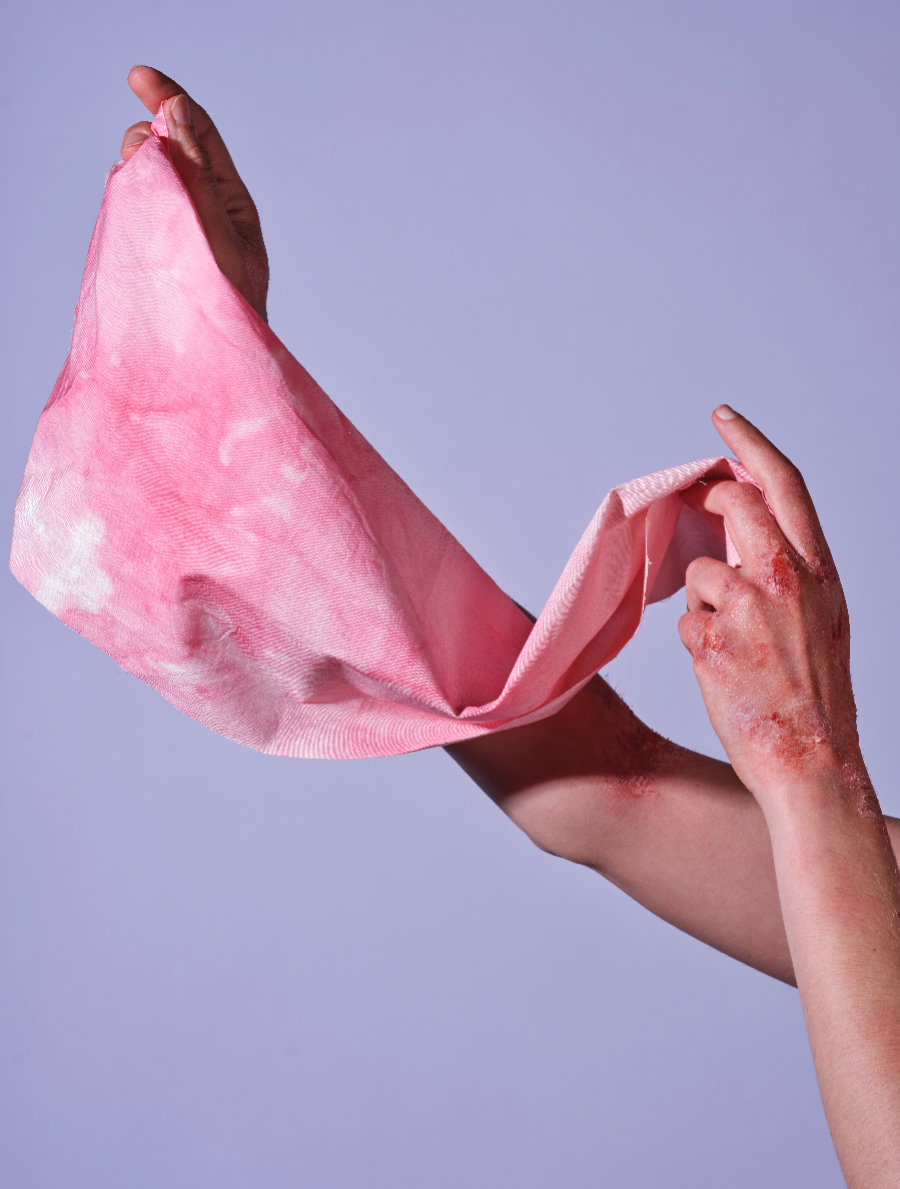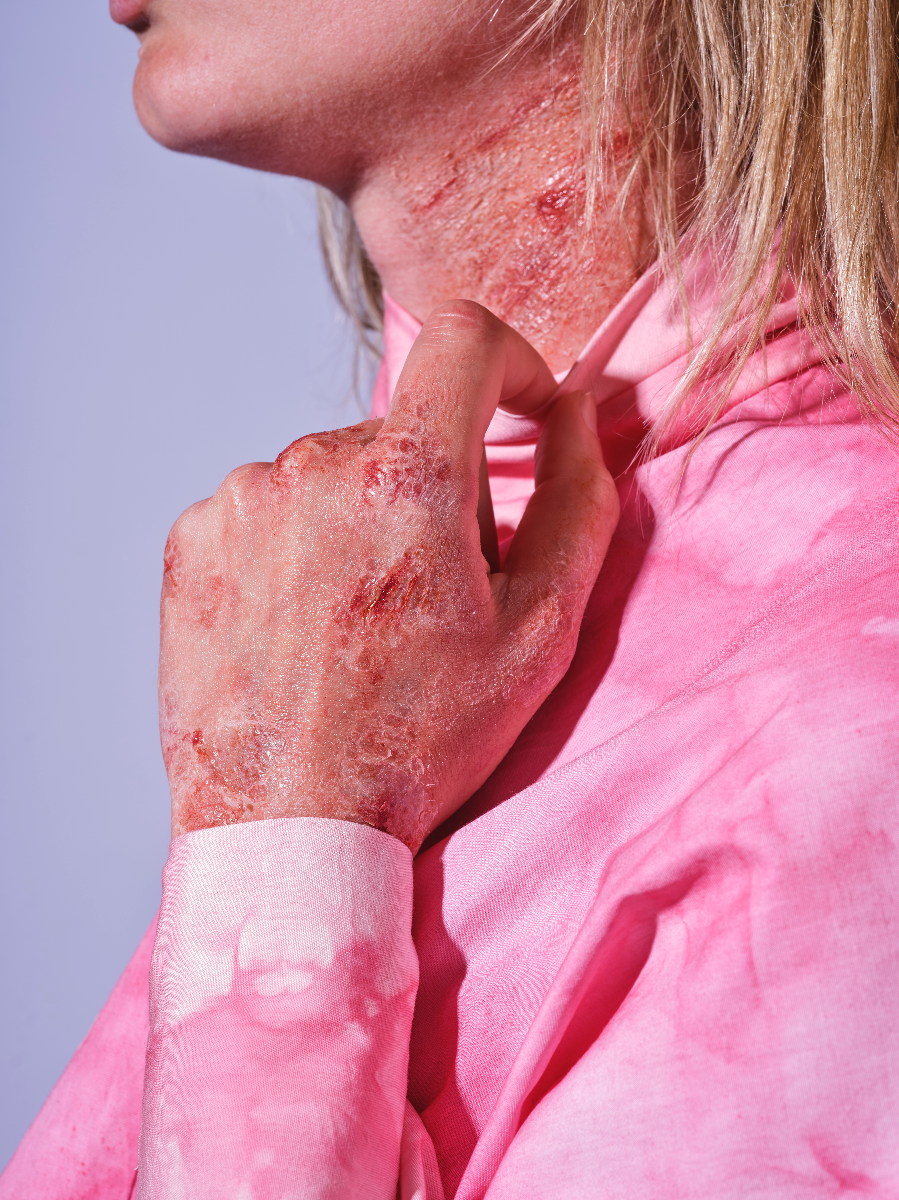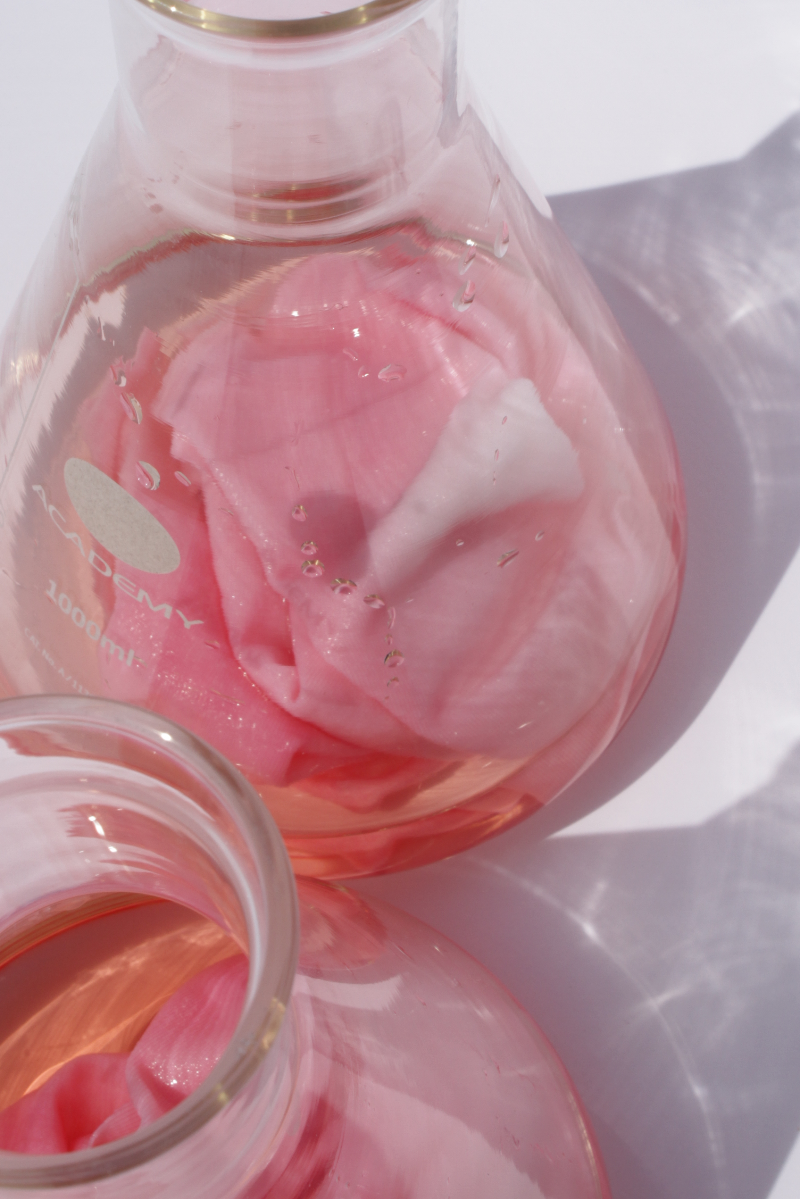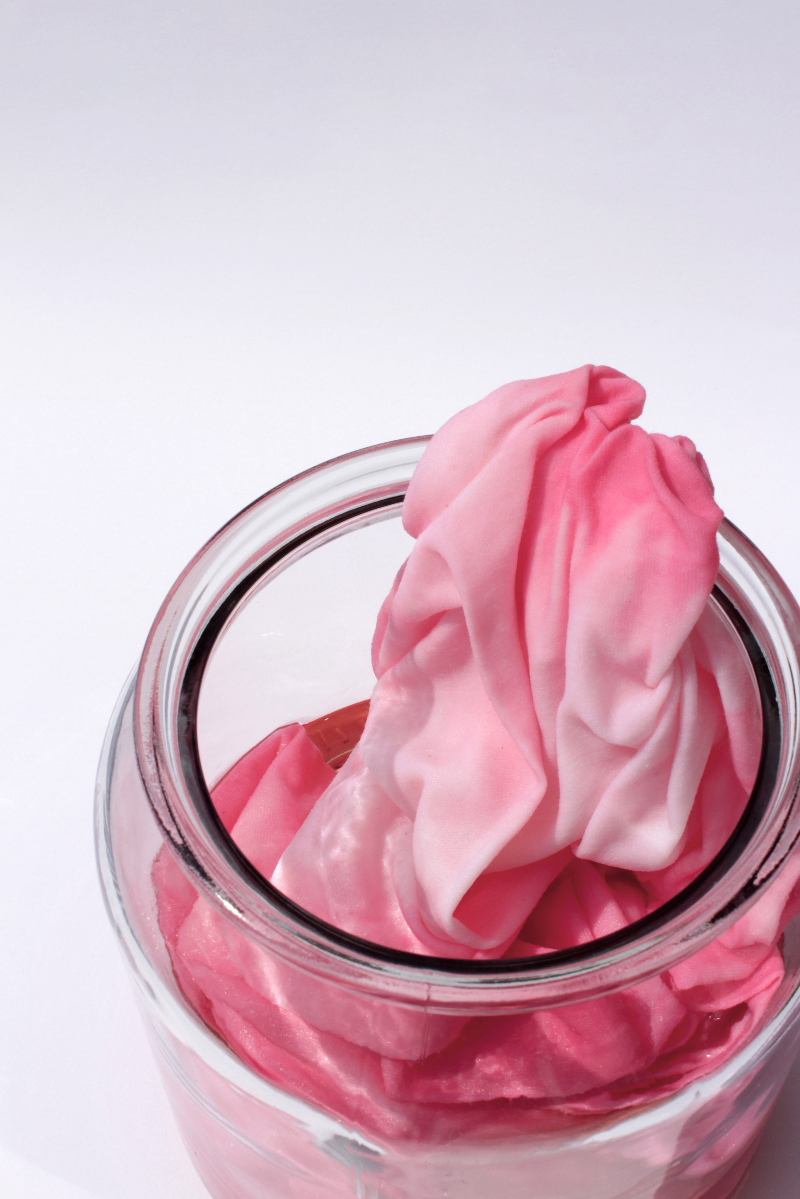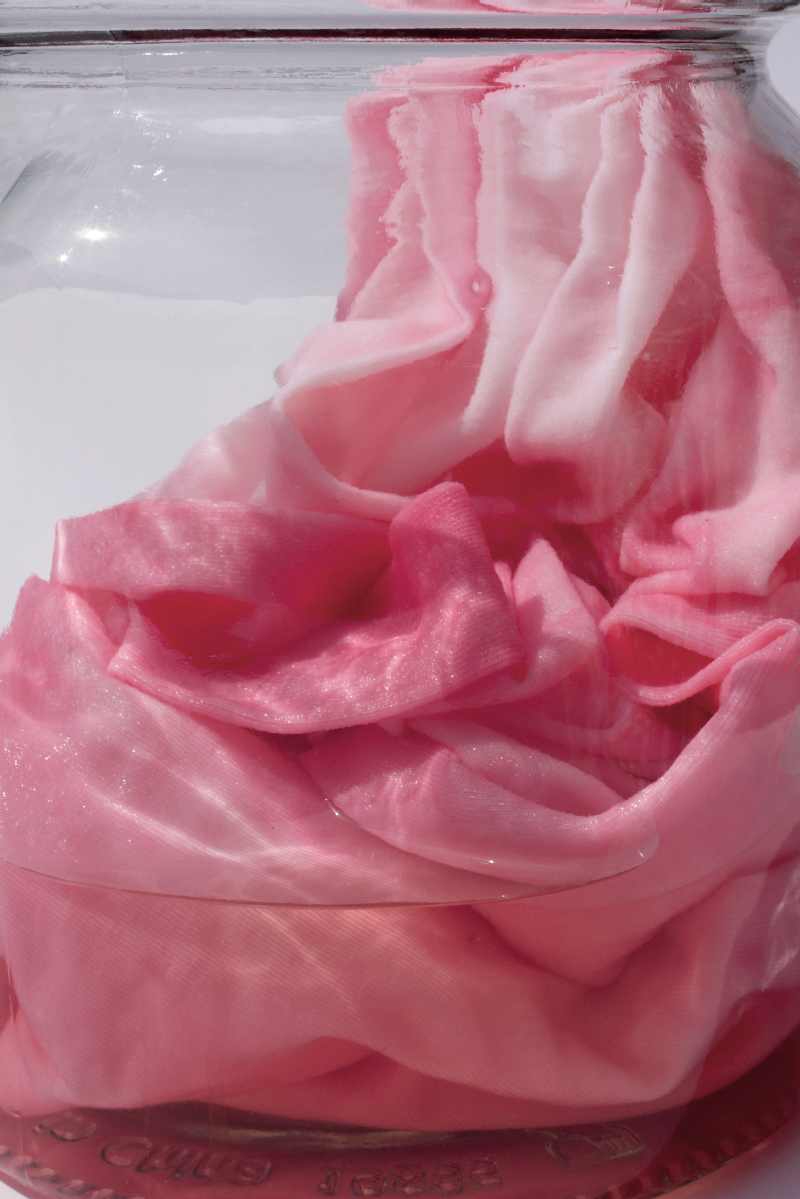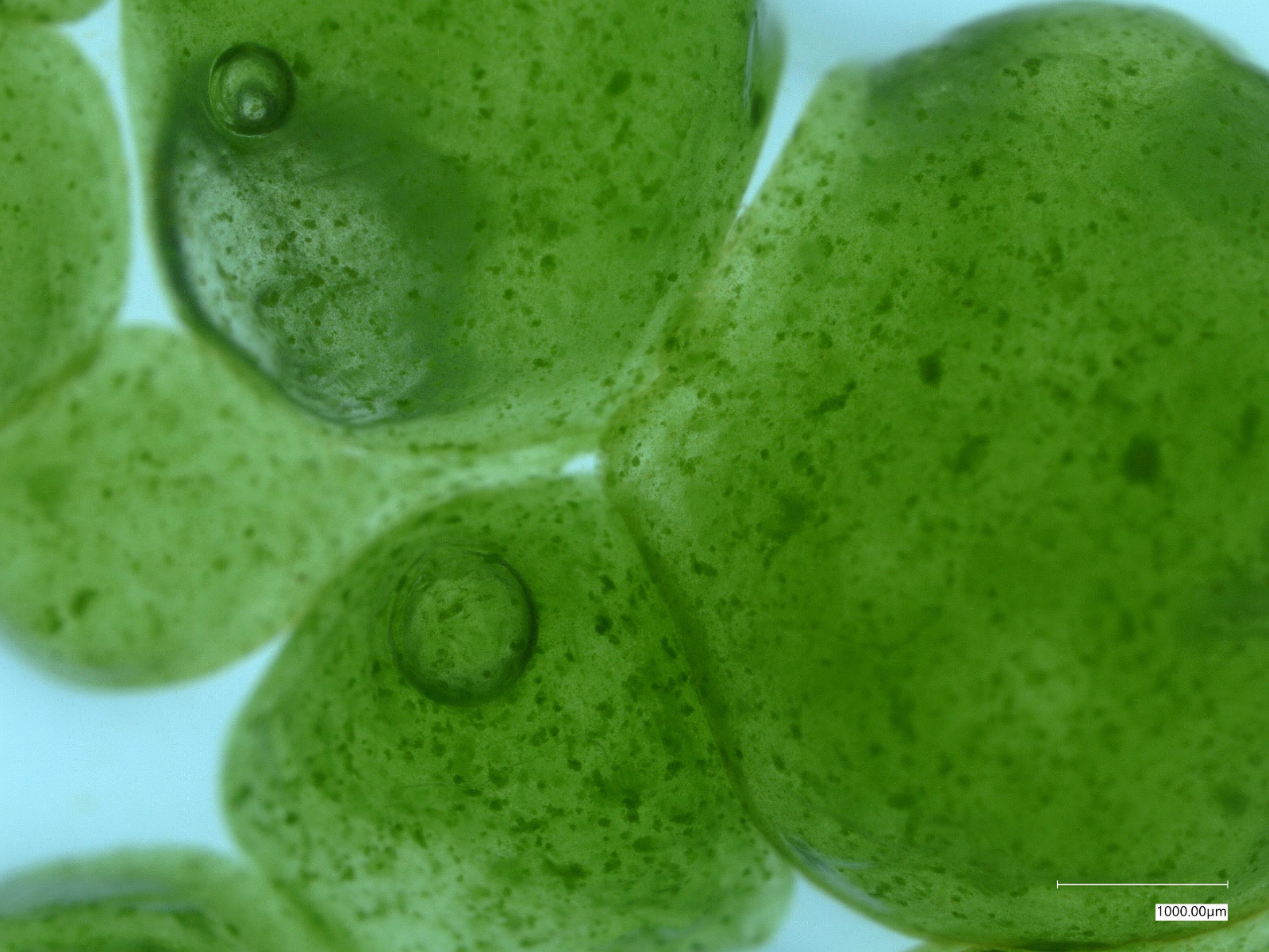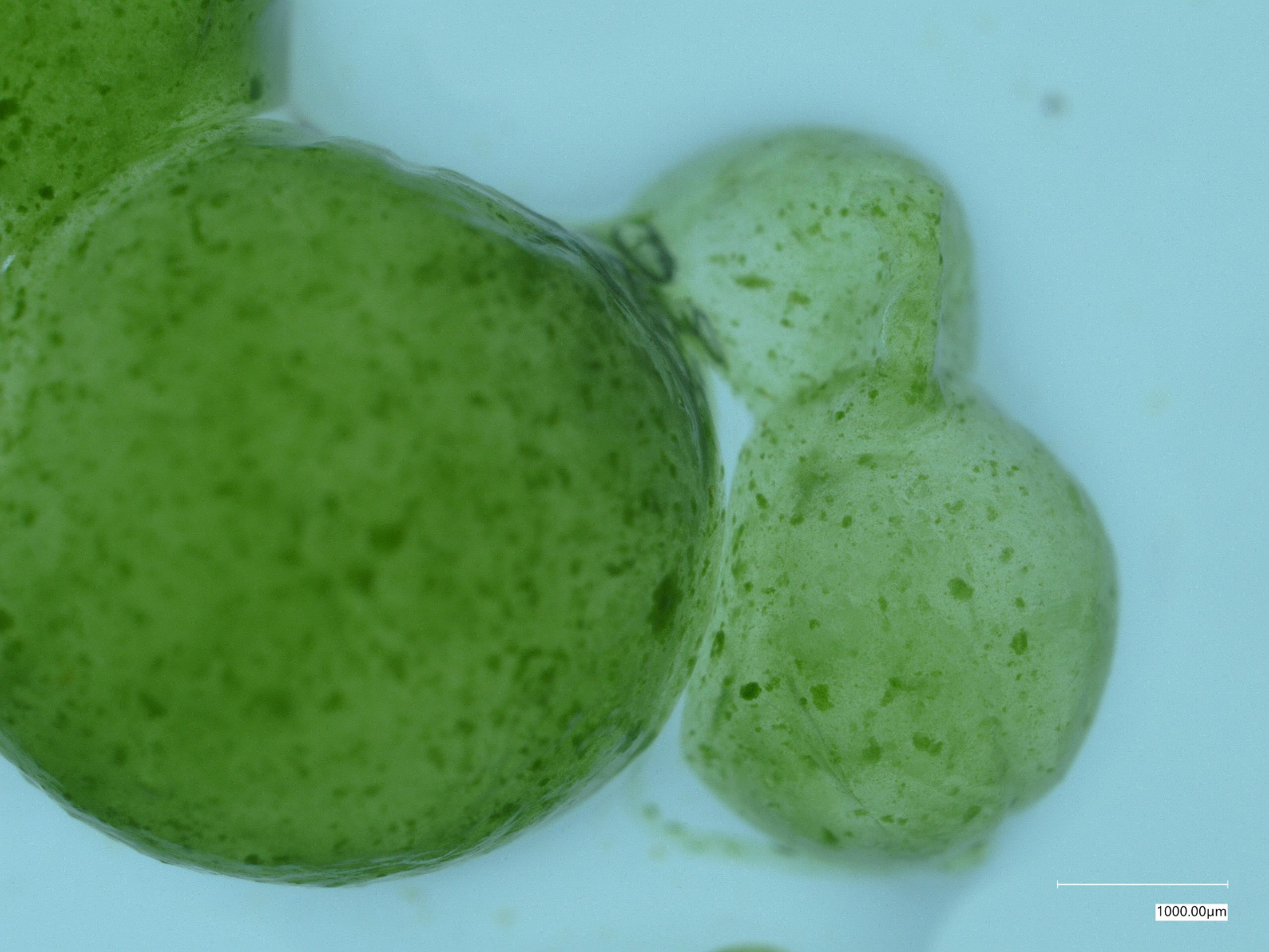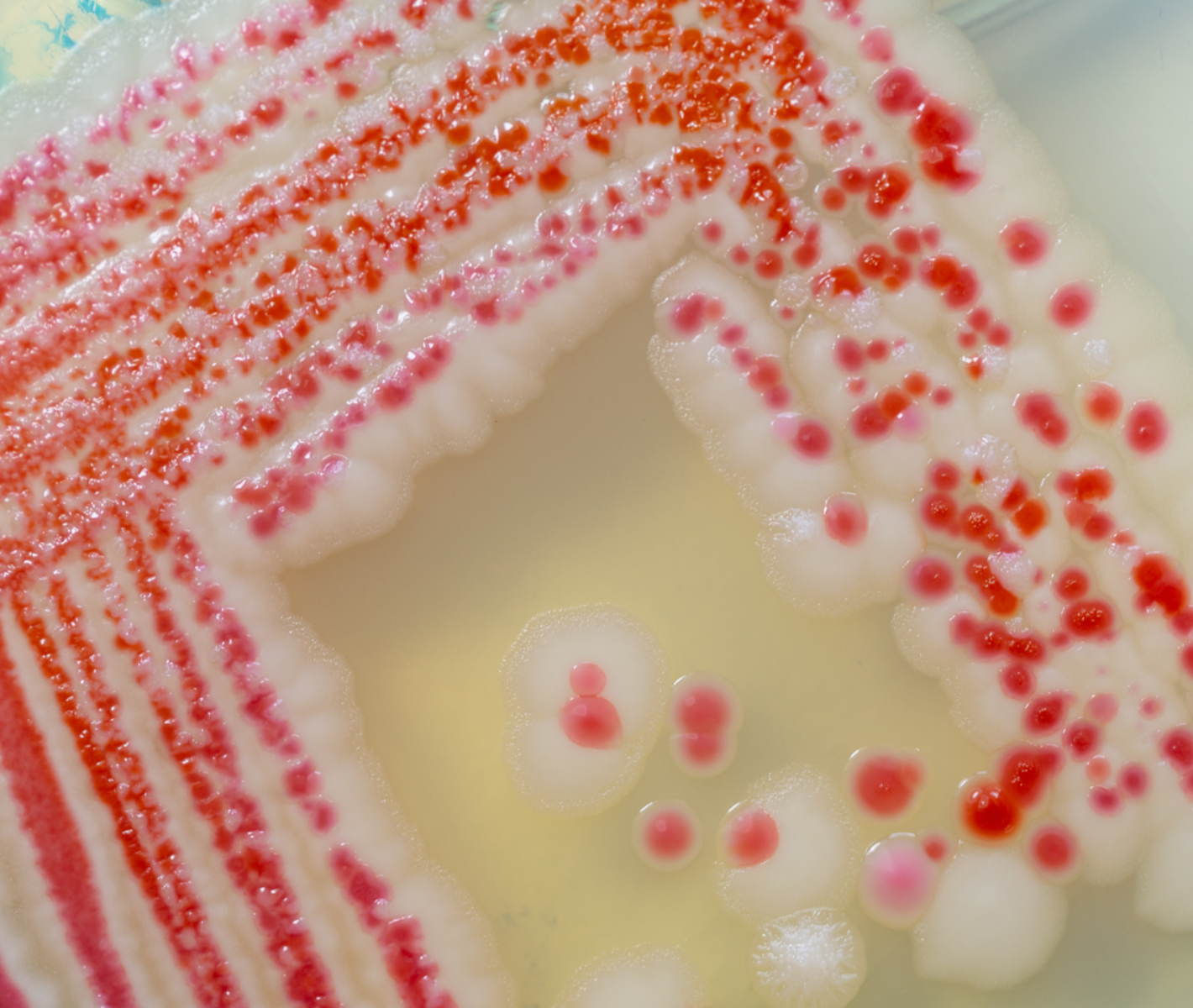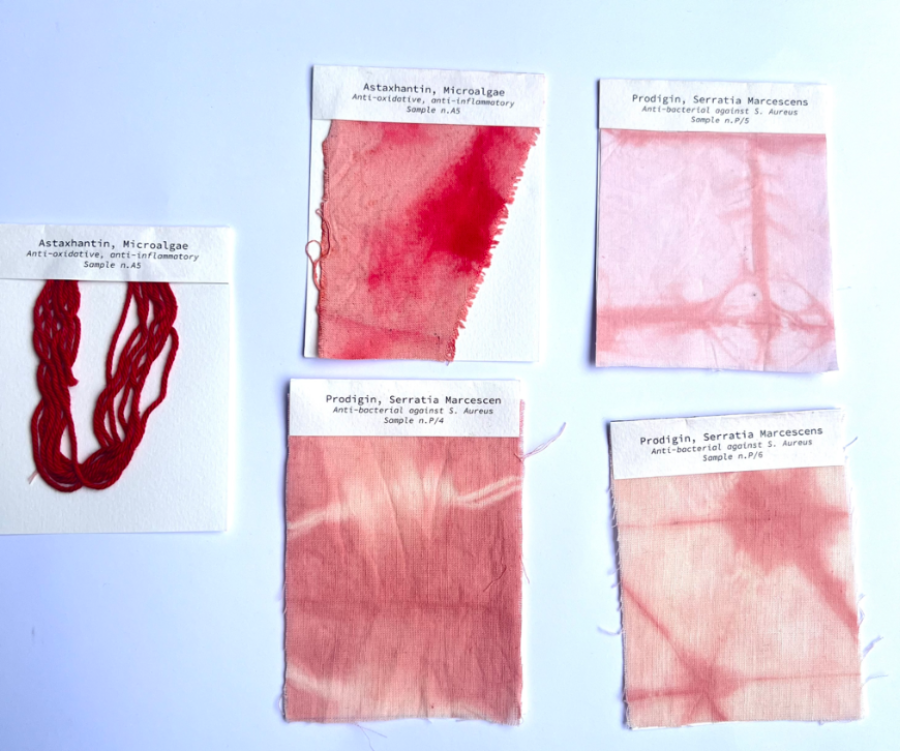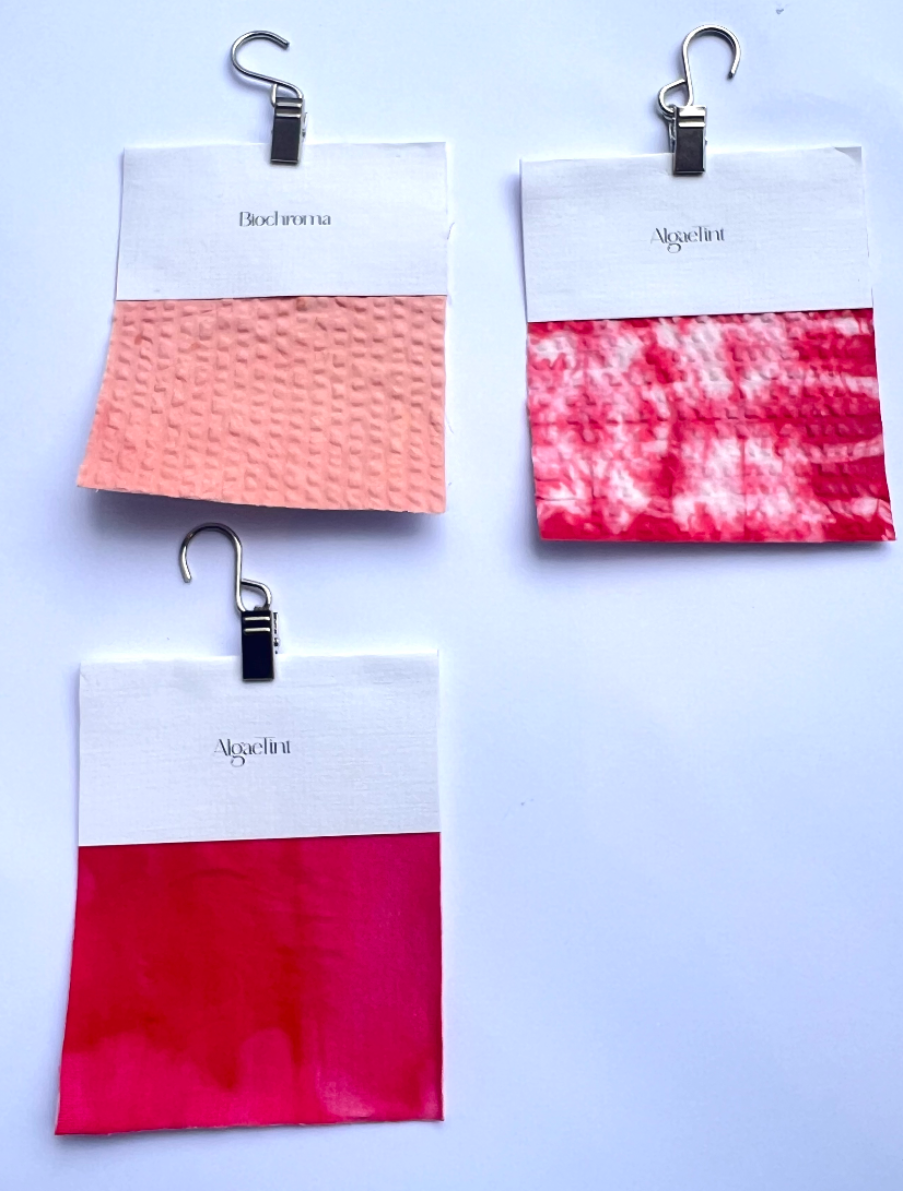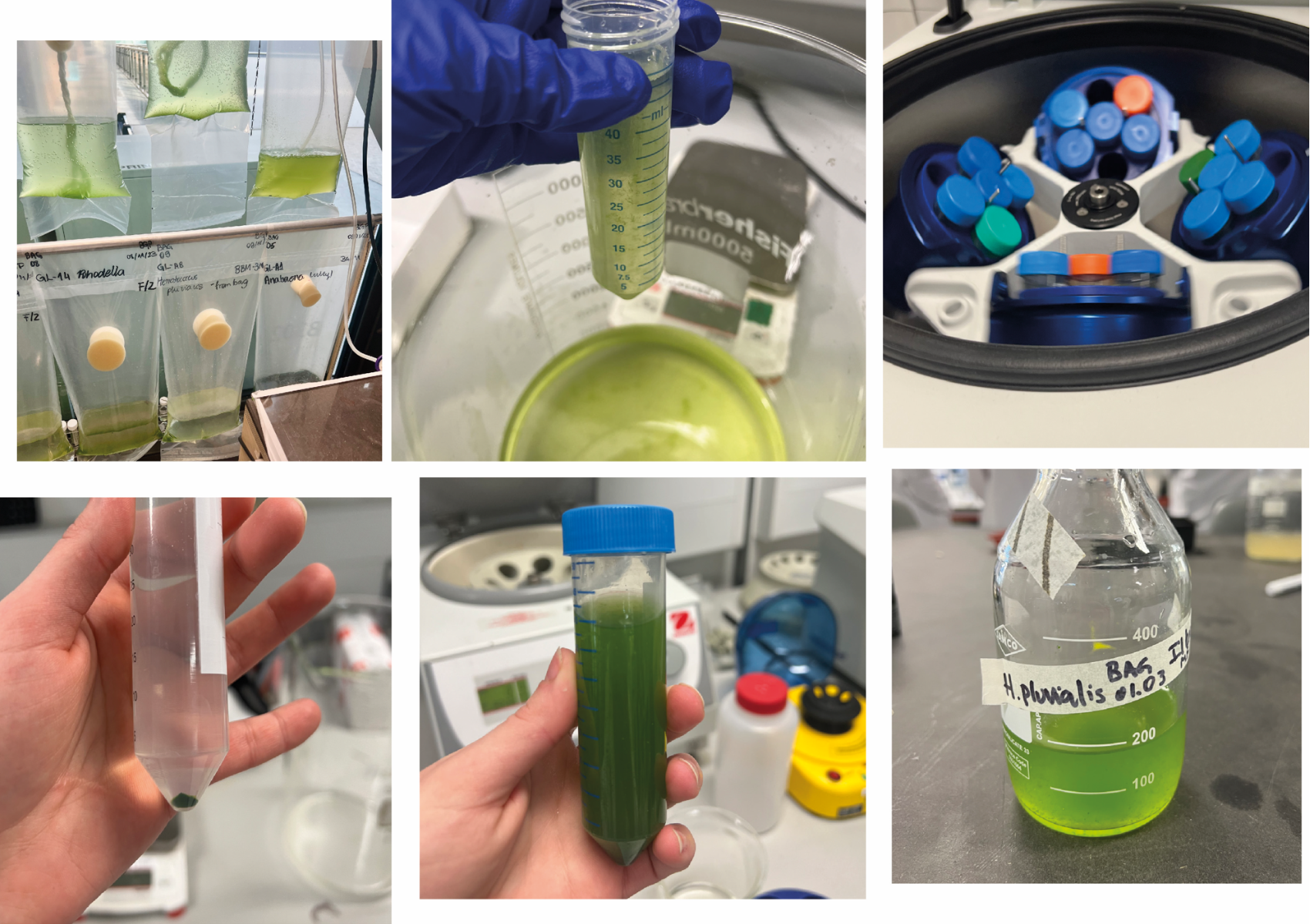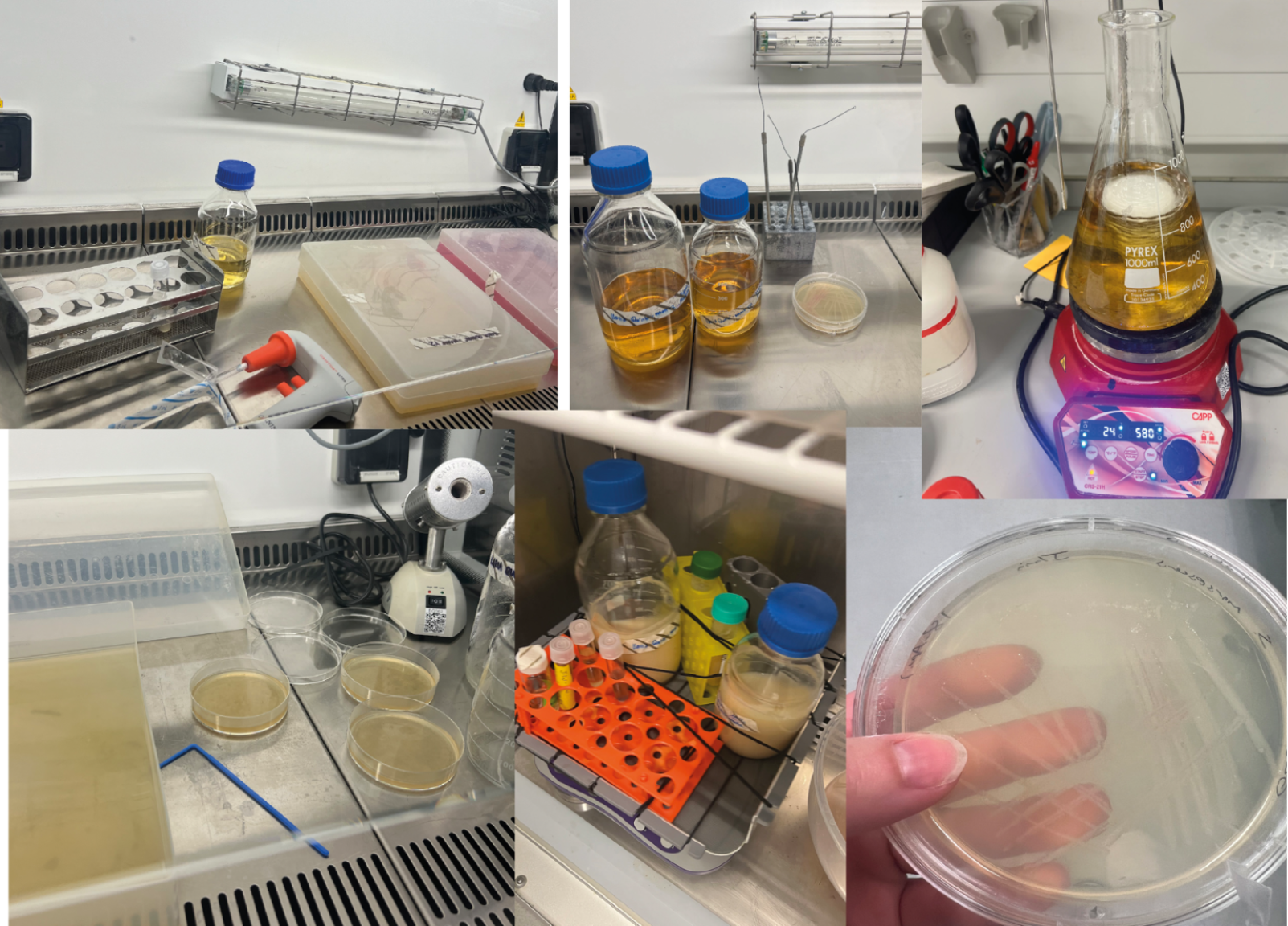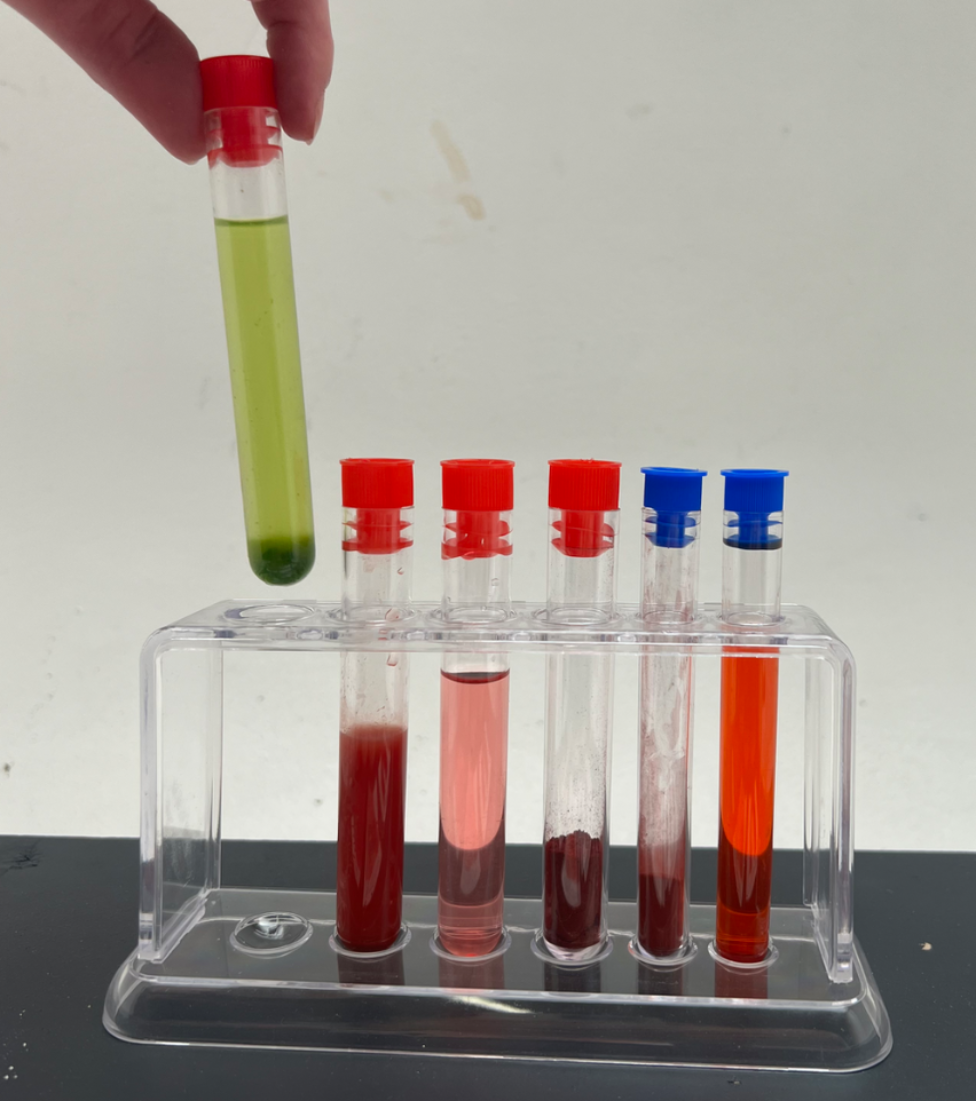Ilaria Quinte'
Material Futures MA
Central Saint Martins UAL
Specialisms: Textile Innovation/Textile Art / Textiles / Material Innovation
Location: London, United Kingdom
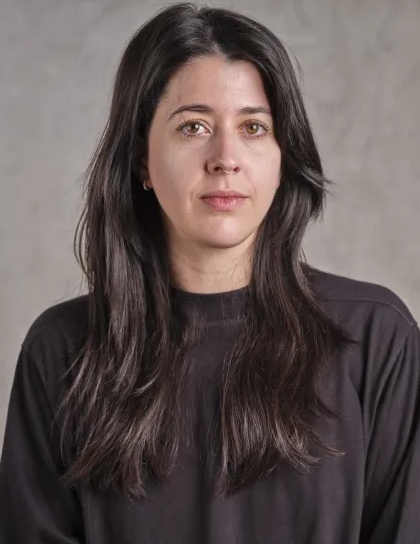

Ilaria Quinte'

First Name: Ilaria
Last Name: Quinte'
Specialisms: Textile Innovation/Textile Art / Textiles / Material Innovation
Sectors:
My Location: London, United Kingdom
University / College: Central Saint Martins UAL
Course / Program Title: Material Futures MA
About
I am a multidisciplinary designer, blending my experience between science and textiles. With a solid foundation in fashion, I have spent many years working in luxury fashion houses as a material developer, specializing in textiles, leather, and material innovation developments. My background in sustainable fashion fuels my dedication to sustainability, which I strive to incorporate into every project I undertake.
In recent years, I became more and more interested in the relationship between the body and textiles.
This inspired me into looking at the potential of textiles to transform into powerful wearable tools with beneficial effects for the skin. My latest focus is on using innovative textile technologies to alleviate symptoms of chronic skin conditions, such as atopic dermatitis, leveraging nature's own tools like bacteria and microalgae. This intersection of science and design not only drives my work but also represents my commitment to creating sustainable, health-promoting solutions through textiles.
Atopic dermatitis (AD) is a chronic skin condition that not only causes persistent inflammation, itching, and discomfort but also deeply impacts a person’s quality of life, affecting their physical health and emotional well-being Concerns about the effects of long-term use of steroids have left many feeling anxious and in search of gentler, more sustainable treatments. This project explores innovative textiles infused with pigments from microalgae and synthesized bacteria extracts, known for their antioxidant and anti-inflammatory properties. These textiles offer a dual benefit: reducing symptoms like itching and providing protection from external bacteria. This approach seeks to empower AD patients with a sustainable solution, promoting self-management of their symptoms while improving skin health.
Competitions

